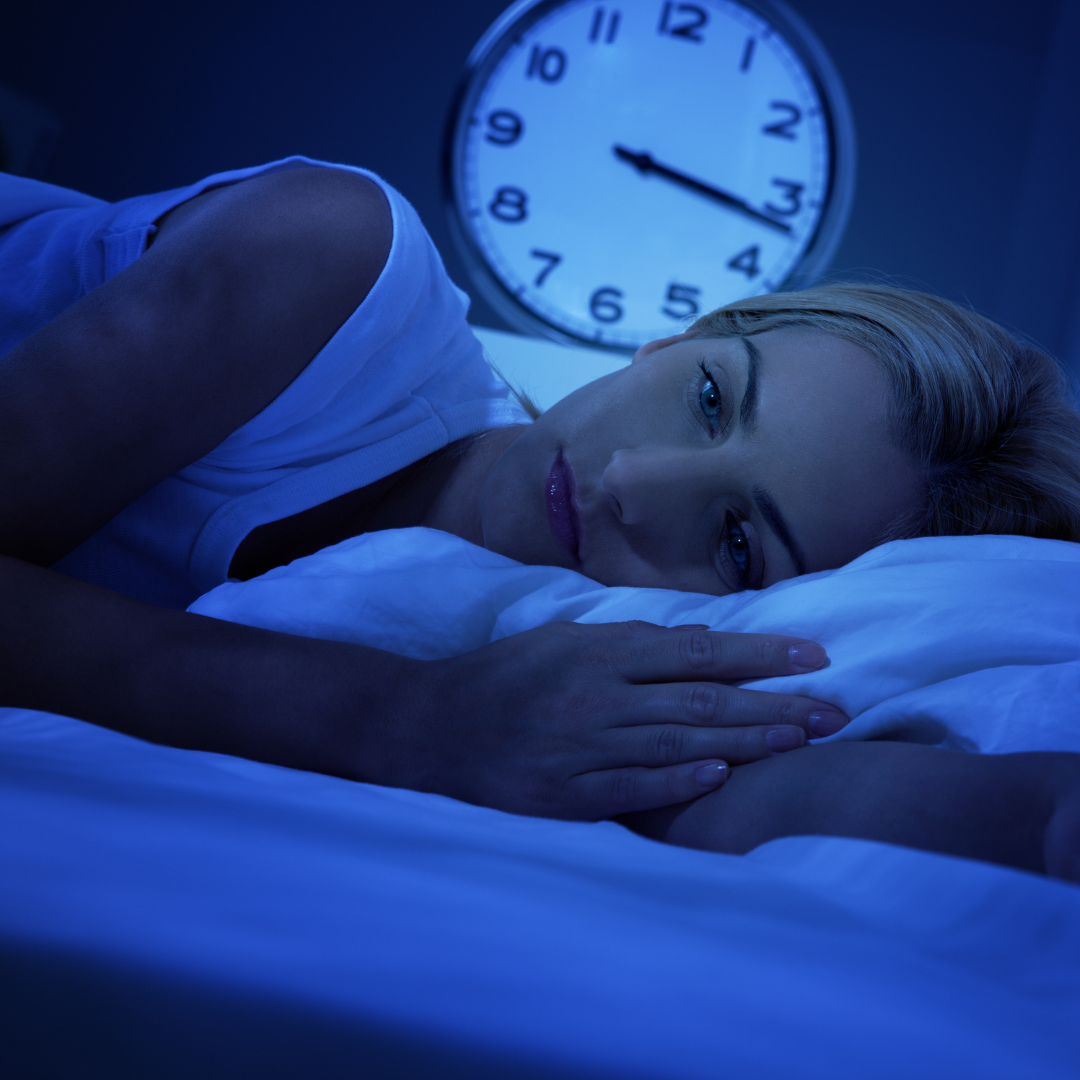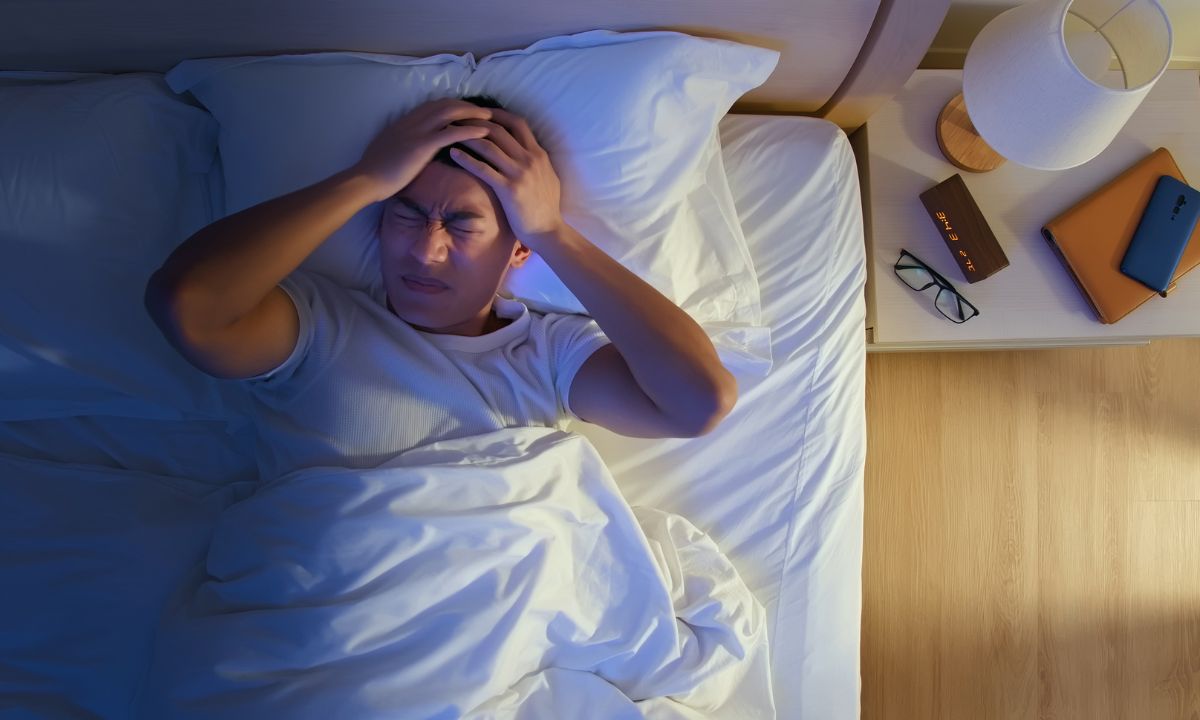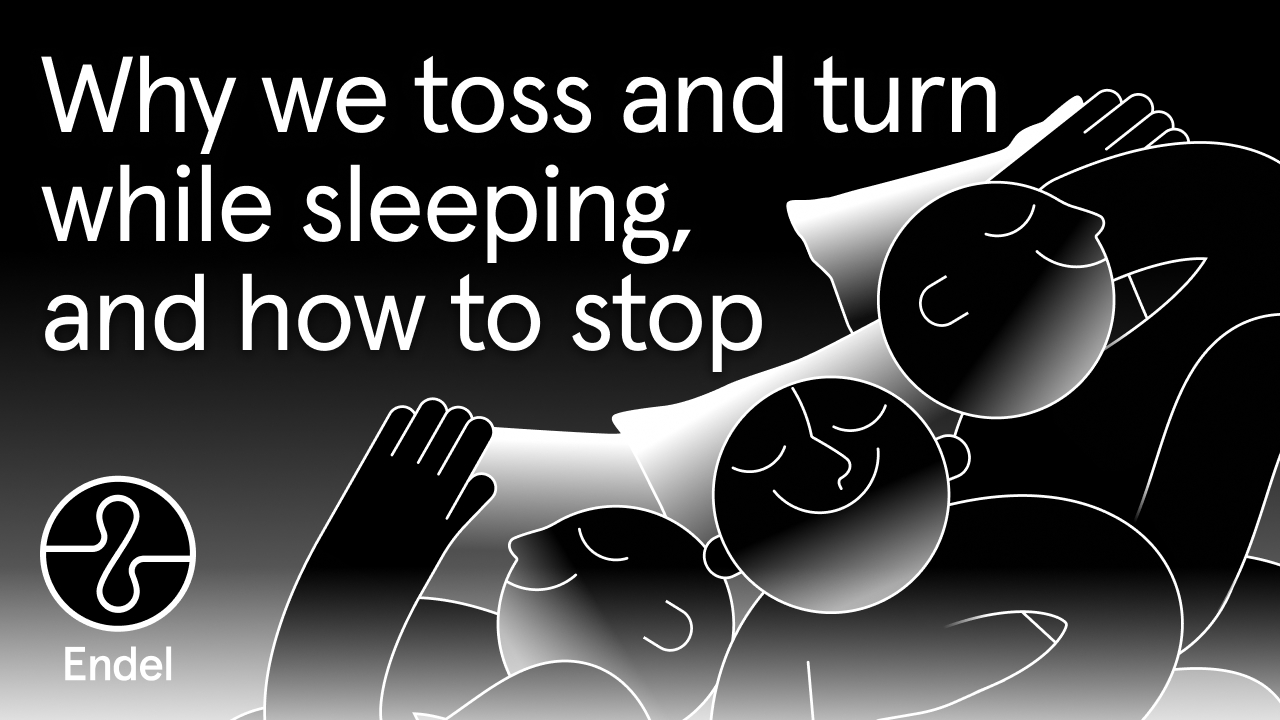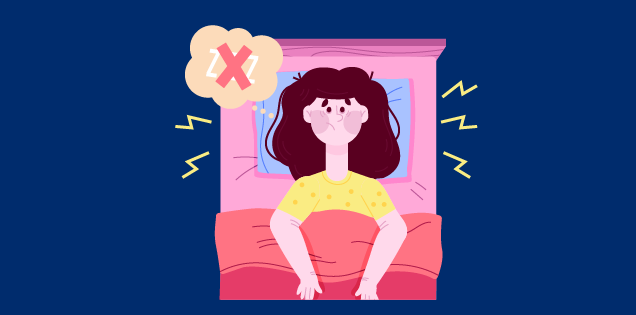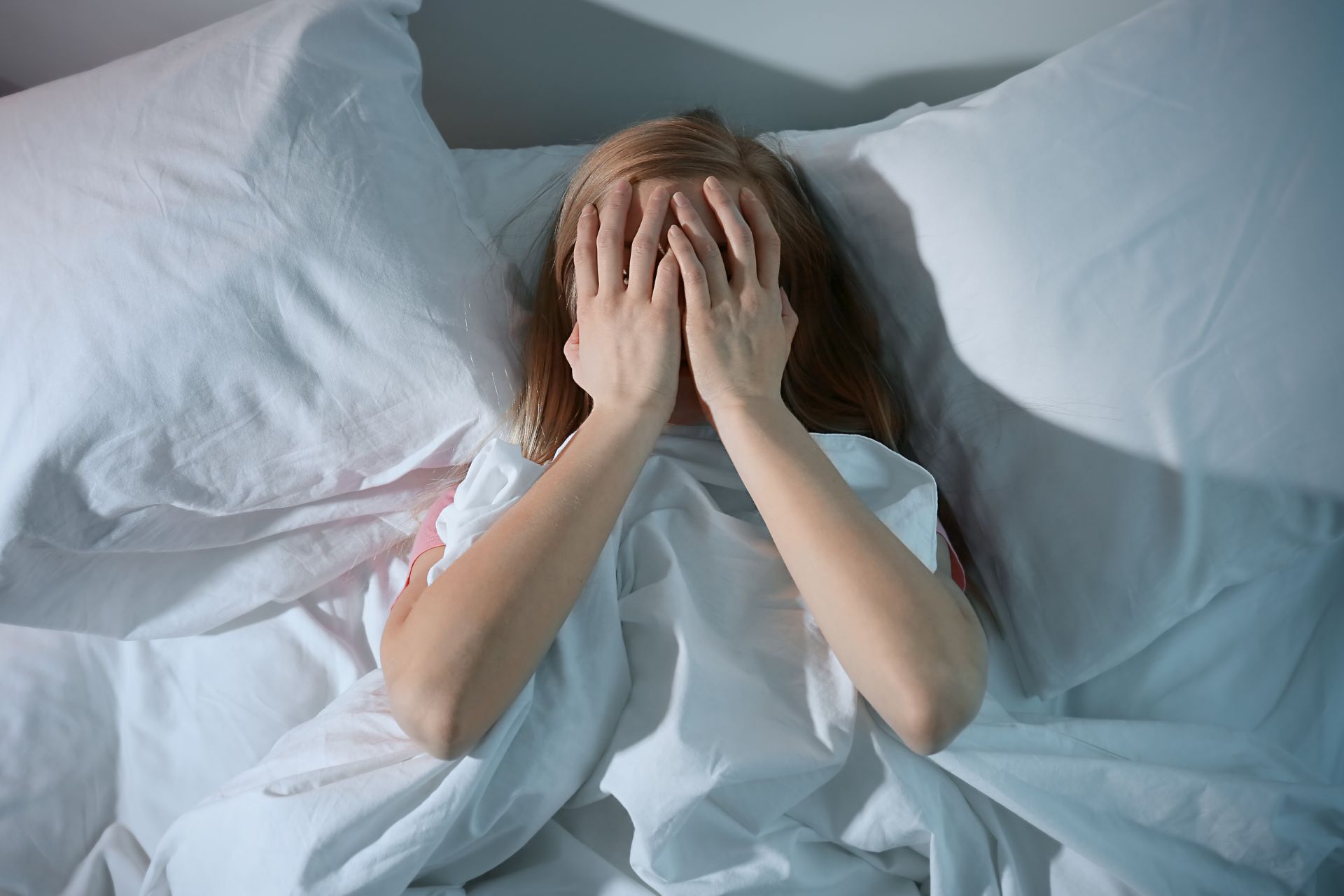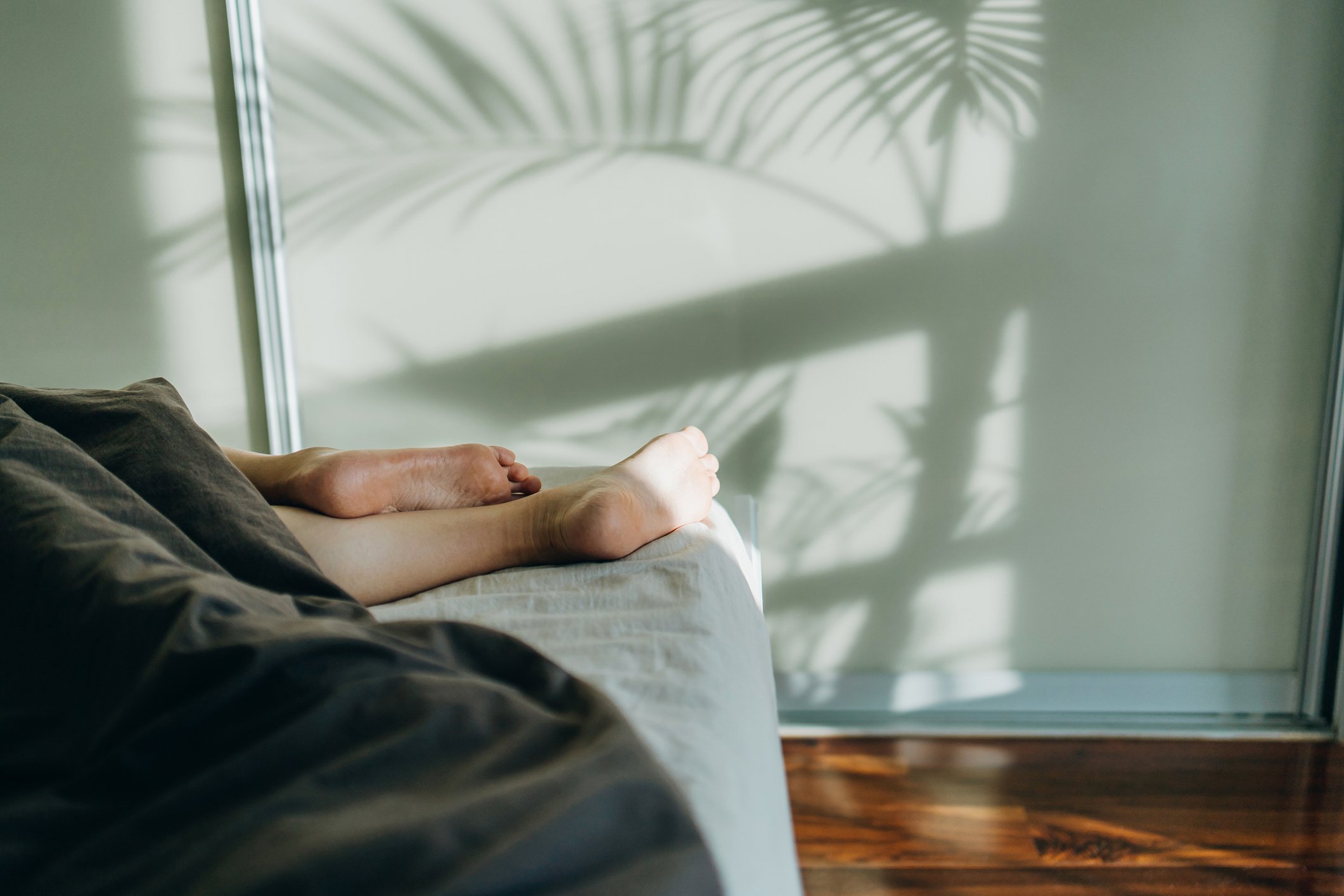Day And Night I Toss And Turn

For millions worldwide, a restful night's sleep remains an elusive dream. Chronic insomnia, characterized by persistent difficulty falling or staying asleep, is a growing public health concern, impacting not only individual well-being but also societal productivity and healthcare systems. The pervasive nature of sleep disorders demands greater attention from researchers, healthcare providers, and policymakers alike.
The impact is profound. Individuals struggling with insomnia often report daytime fatigue, difficulty concentrating, mood disturbances, and an increased risk of accidents. These symptoms can significantly impair work performance, personal relationships, and overall quality of life.
Prevalence and Statistics
According to the National Sleep Foundation, approximately 30-40% of adults experience brief symptoms of insomnia, while 10-15% suffer from chronic insomnia. Chronic insomnia is defined as difficulty falling asleep or staying asleep at least three nights per week for three months or longer. These numbers highlight the widespread nature of the condition.
The Centers for Disease Control and Prevention (CDC) also notes a correlation between insufficient sleep and chronic diseases such as diabetes, heart disease, obesity, and depression. Sleep deprivation can weaken the immune system, making individuals more susceptible to illness. These findings underscore the crucial link between sleep and overall health.
Contributing Factors
A complex interplay of factors contributes to the development of insomnia. These can be broadly categorized as psychological, physiological, and environmental. Identifying the root cause is essential for effective treatment.
Psychological Factors
Stress, anxiety, and depression are major contributors. The constant worry and mental rumination associated with these conditions can keep the mind active and prevent relaxation. Post-traumatic stress disorder (PTSD) is also a significant risk factor.
Physiological Factors
Certain medical conditions, such as chronic pain, restless legs syndrome, and sleep apnea, can disrupt sleep. Hormonal imbalances, particularly during menopause, can also lead to insomnia. Furthermore, neurological disorders like Parkinson's disease may impact sleep patterns.
Environmental Factors
Poor sleep hygiene, including irregular sleep schedules, exposure to screens before bed, and an uncomfortable sleep environment, can exacerbate insomnia. Noise pollution, light exposure, and temperature fluctuations can also interfere with sleep quality. Shift work, which disrupts the body's natural circadian rhythm, is a common cause of insomnia among those in professions requiring around-the-clock service.
Treatment Options
A variety of treatment options are available for individuals suffering from insomnia. These range from behavioral therapies to medication, and often a combination approach is most effective. It's important to consult with a healthcare professional to determine the best course of action.
Cognitive Behavioral Therapy for Insomnia (CBT-I)
CBT-I is considered the first-line treatment for chronic insomnia. It focuses on identifying and changing negative thoughts and behaviors that contribute to sleep problems. Techniques used in CBT-I include sleep restriction, stimulus control, and relaxation training.
Sleep restriction involves limiting the time spent in bed to match the actual time spent sleeping. Stimulus control aims to reassociate the bed with sleep by only going to bed when sleepy and getting out of bed if unable to fall asleep within a reasonable timeframe. Relaxation techniques, such as progressive muscle relaxation and deep breathing exercises, can help calm the mind and body before bed.
Medication
Prescription sleep medications, such as sedatives and hypnotics, can be effective in the short-term management of insomnia. However, they are not typically recommended for long-term use due to potential side effects and the risk of dependence. Dr. Anya Sharma, a sleep specialist at the Mayo Clinic, emphasizes that medication should be used in conjunction with behavioral therapies whenever possible.
Over-the-counter sleep aids, such as those containing antihistamines, may provide temporary relief but are not recommended for chronic insomnia. Melatonin supplements, a synthetic form of the hormone that regulates sleep-wake cycles, can be helpful for some individuals, but their effectiveness varies. It's crucial to consult with a doctor or pharmacist before taking any sleep medication or supplement.
The Role of Technology
Technology plays a double-edged sword in the context of insomnia. While screen time before bed can disrupt sleep, technology also offers tools for monitoring and managing sleep patterns. Sleep tracking apps and wearable devices can provide valuable data on sleep duration, sleep stages, and sleep quality.
However, these tools should be used with caution. Over-reliance on sleep trackers can lead to increased anxiety about sleep, which can paradoxically worsen insomnia. It's important to interpret the data in context and to consult with a healthcare professional for guidance. Several apps also incorporate CBT-I techniques.
Public Health Implications
The rising prevalence of insomnia has significant public health implications. Sleep deprivation contributes to decreased productivity, increased healthcare costs, and a higher risk of accidents. Employers should prioritize employee well-being by promoting healthy sleep habits and providing resources for managing sleep disorders.
The World Health Organization (WHO) recognizes sleep as a fundamental pillar of health and advocates for public health initiatives to address sleep disorders. Increased awareness, early diagnosis, and effective treatment are crucial for mitigating the negative consequences of insomnia on individuals and society. Further research is needed to fully understand the complex mechanisms underlying insomnia and to develop more effective interventions.
Moving Forward
Addressing insomnia requires a multi-faceted approach involving individual lifestyle changes, professional medical intervention, and public health initiatives. By prioritizing sleep health, we can improve individual well-being, enhance societal productivity, and reduce the burden of chronic diseases. Seeking help from a healthcare professional is the first step towards reclaiming restful nights and energized days.
![Day And Night I Toss And Turn Day and night, I toss and turn- [PHIGHTING MEME] #phighting - YouTube](https://i.ytimg.com/vi/mCo_xyDO65A/maxresdefault.jpg?sqp=-oaymwEmCIAKENAF8quKqQMa8AEB-AGCCIAC0AWKAgwIABABGFogWihaMA8=&rs=AOn4CLDBliyGbF-SIDJ1XD1SCiOvfw4F9A)

